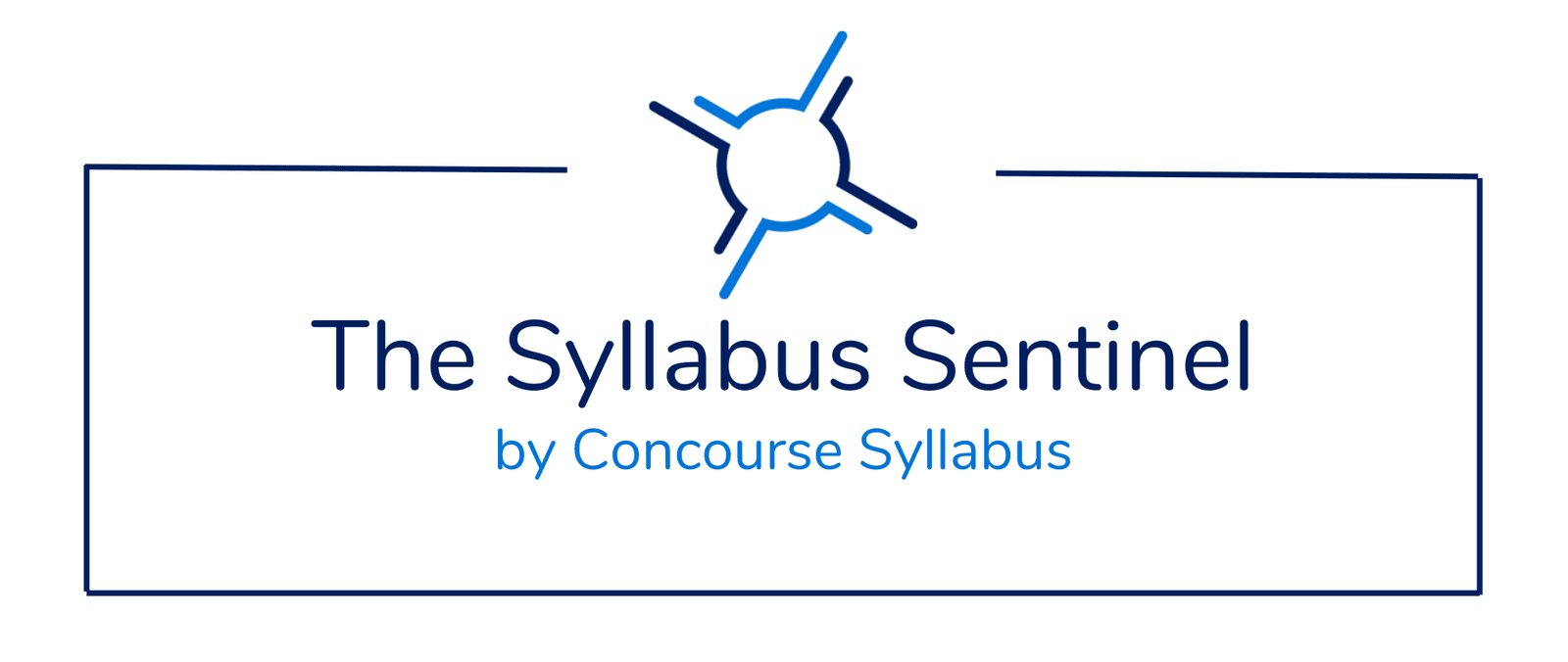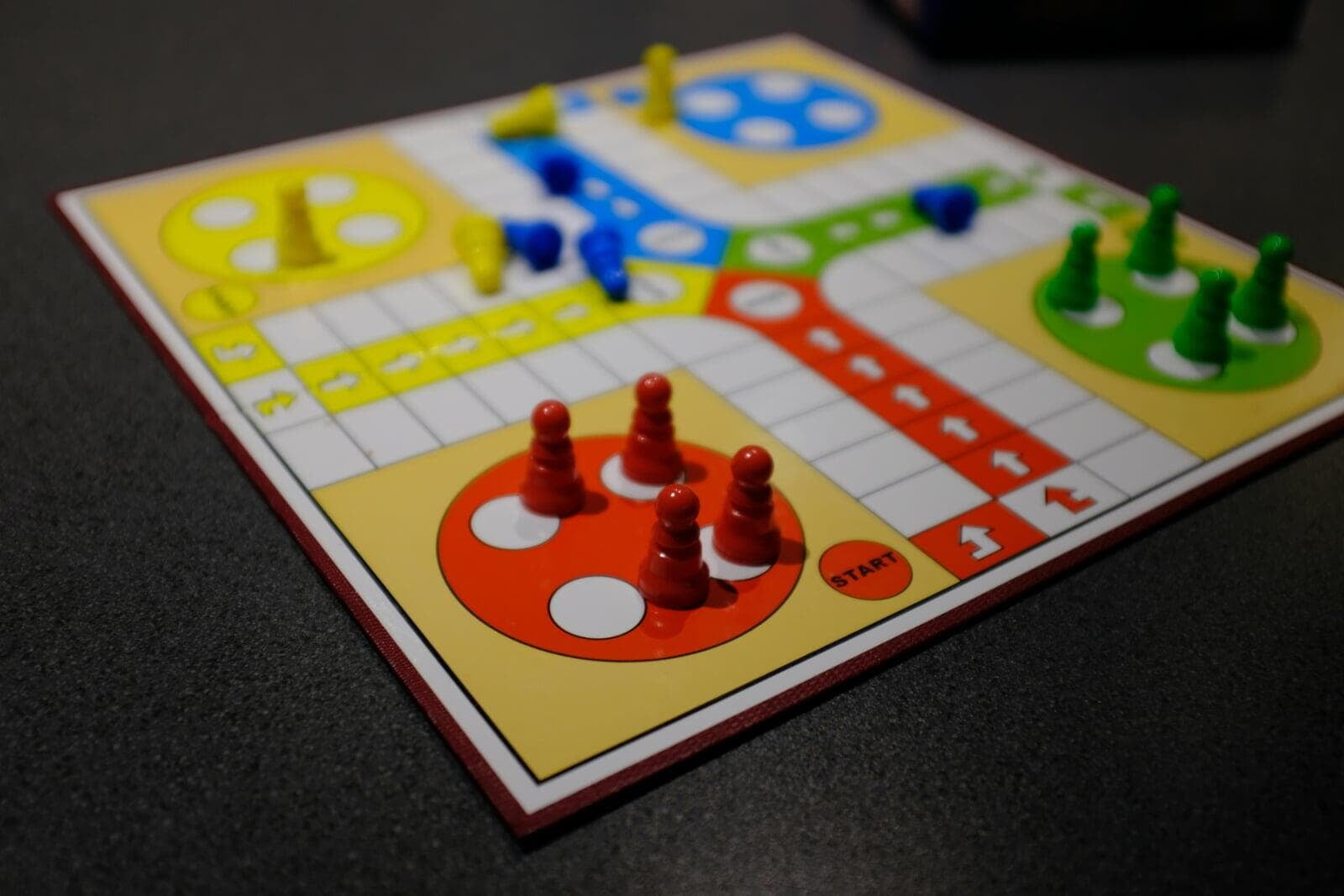January 2024
It’s a new year, and a new term is either here or soon to start for most institutions. January is also the traditional time for taking a look at things in a new light, with a fresh perspective. It’s a chance to make changes that can impact your whole year. Maybe it’s time to take a fresh look at your syllabi? Small changes there can make a big difference for your students. In this edition, we’re sharing a few ideas from around higher ed to inspire you.
In this edition:
- Trigger Warning: Sensitive Content in Syllabi
- Mental Health Check
- But Wait! There's More!
- It's All Fun and Games
Trigger Warning: Sensitive Content in Syllabi
Trigger Warning: Sensitive Content in Syllabi
Photo credit: Muhammad Daudy on Unsplash
Content warnings, aka trigger warnings, are messages intended to warn an audience about content or topics they may find disturbing, especially if they have past trauma related to the subject. While some deride them as unnecessary pandering or infringements on free speech, many students see them as a valuable way to help them be prepared for difficult conversations and material. Sometimes, however, these warnings come just moments before the material is introduced, leading students at Cornell to pass a resolution “urging professors to include content warnings on their syllabi…for courses that included ‘traumatic content.’ ” While the resolution was vetoed, it prompted a conversation across campus, and some professors have changed their syllabus practices in response.
Mental Health Check
Photo credit: ferrantraite/E+/Getty Images
A growing understanding of the value of opportunities for students to rest and de-stress has led to 12 states allowing “mental health days” for K-12 students. Colleges typically leave this kind of policy to individual instructors. Jay Sheehan, a professor at San Diego State University, has incorporated three dedicated mental health days into his class syllabus, providing students with the opportunity to prioritize themselves and their own care. He encourages them to do “whatever it is that would bring them some sense of joy for 90 minutes.” They then submit a short essay reflecting on how they used each mental health day, which has led to “extraordinarily positive” results.
It's All Fun and Games
It's All Fun and Games
Photo credit: Folu Eludire on Unsplash
Gamification has long been recognized as a beneficial strategy in the classroom and beyond. But how many of us get the chance to build an entire course around gamification? Bryan Alexander does just that in his “Gaming, Design, and Education” course at Georgetown University. This class gives students the chance to study games week by week and points to the productive intersection of gaming with colleges and universities. Who says college classes can’t be fun? You can find his syllabus draft at the link below, and as expected, he includes some novel strategies like leaving a week open for students to determine the topic of study and dedicating class time to actually playing students’ favorite games.
But Wait! There's More!
But Wait! There's More!
Photo credit: Photo by Greg Bulla on Unsplash
Like what you’re reading so far? Don’t want to wait a month for your next dose of syllabus and higher education news? Want a place where you can engage with our team rather than just reading the content? Our LinkedIn has more just like this! Get daily updates about all things higher education, trends, and team Concourse. Follow along with us using the link below!






